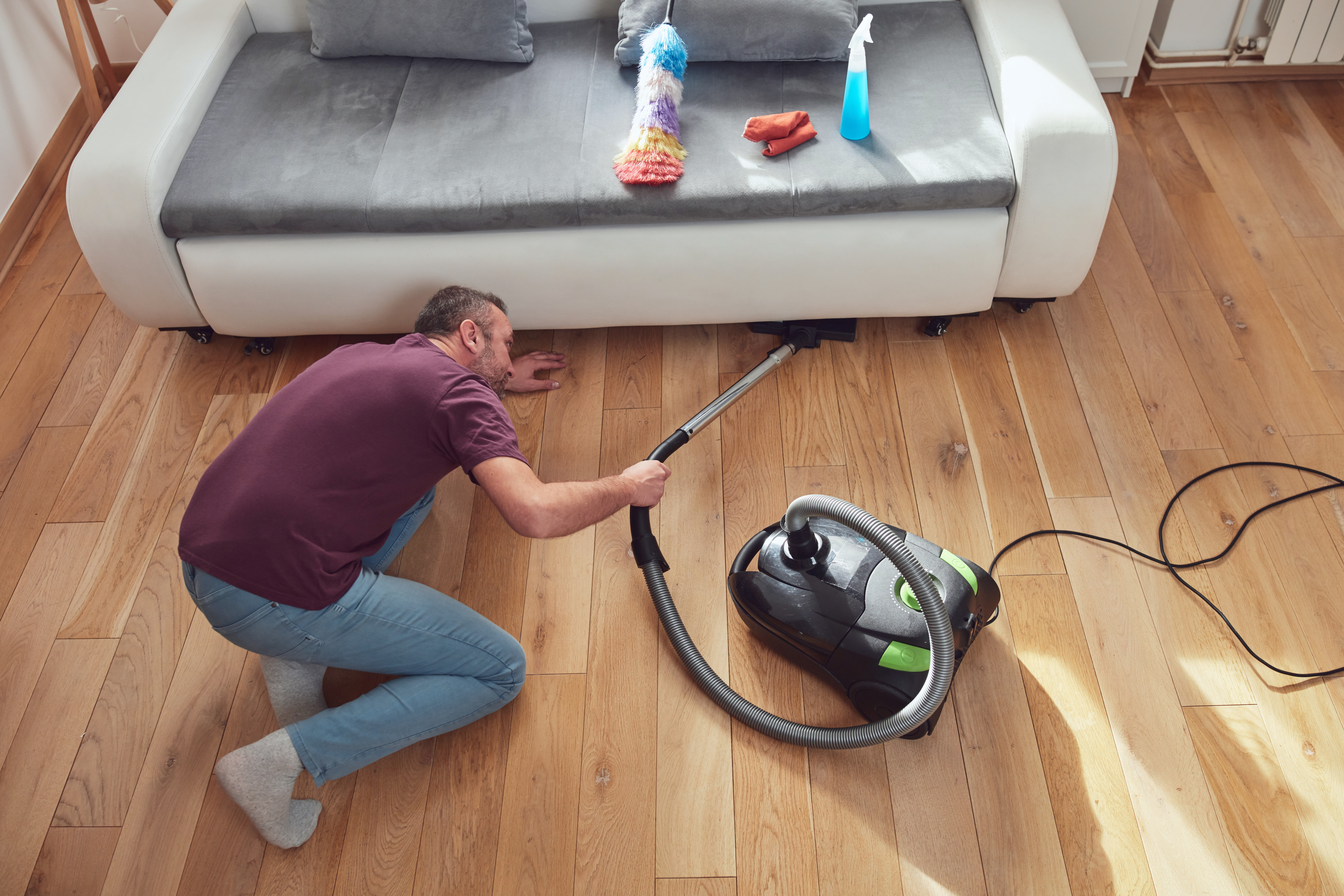
Keep your home free of termites and the damage they do. Learn more about inspections, infestations, and the average cost of termite treatments.
Call the pros and reclaim your outdoor space


Professional wasp removal costs an average of $375.
Having an exterminator remove wasps prevents you from getting stung.
Exterminators will have protective gear for safety and will also ensure the entire colony is removed.
Though wasps are valuable pollinators, they aren’t the friendliest insects, and having them near your home can be a pain—literally. It might be tempting to grab a can of wasp spray and defend your territory from these aerial invaders, but that can be unsafe, or you might not completely get rid of the wasp nest. To ensure a safe and effective removal of all wasps, it’s best to hire a professional wasp removal service to do the job.

It can be frustrating and frightening to have a colony of wasps in your outdoor space but there are several reasons to leave removal to professional exterminators. Here’s why you should hire a local wasp removal specialist to get rid of wasps safely.
Wasps can be dangerous, aggressive, and intimidating, posing a significant risk if you aren’t protected. One mistake in wasp nest removal could leave you open to painful stings. Unlike their more laidback, docile honey bee cousins, wasps can sting multiple times and won't hesitate to inflict as much damage as possible to anyone seen as a threat.
When a wasp feels threatened, it releases a pheromone to alert other wasps from the same colony. Even if you only see one wasp hanging around the nest, you run the risk of being swarmed and stung multiple times by multiple wasps. Occasionally, multiple stings can land you in the hospital, even if you aren’t allergic.
If you are allergic or you have a family history of bee and wasp allergies, you should not attempt to spray a wasp nest. Even if you’ve been stung previously and not reacted, allergies can worsen over time, so you may not realize you’ve developed an allergy to wasp venom.
In worst cases, wasp allergies can cause anaphylaxis, a severe allergic reaction that can cause hospitalization or death if left untreated. If you’re unsure of your allergic status, it’s better to err on the side of caution and call a professional exterminator to deal with your wasp problem.

Wasps can hold a grudge. If you don’t completely eradicate all members of a wasp nest, they will return and may sting due to feeling threatened.
A professional exterminator is better equipped to completely eradicate a wasp nest. The chemicals they use are not available to the retail-buying public and are more powerful than anything you can purchase at a home improvement store. Plus, they’ll know where to look to find nests you may have missed.

Even if you wear long sleeves and pants, wasps can still sting you. Professional exterminators have special protective gear, including masks and goggles, that protect them from the wrath of angry wasps and greatly decrease their chances of being stung.
Pros will also come with special equipment to help with the removal of the wasp nest and colony, including professional-grade insecticides and dust applicators.
Wasps can be tricky when it comes to where they build their nests. Underground nests or nests high in the trees are not uncommon. And occasionally they will even squat inside structures or invade your walls and crawl spaces.
Since getting away from the nest is vital after it’s been sprayed, attempting to remove wasps in any of these inaccessible locations will likely leave you with painful stings. Never attempt to use a ladder when eradicating a wasps nest. The risk of a fall is high and could leave you with more than wasp stings.
The average cost of wasp removal is $375. However, your total cost could range from $100 to $1,300, depending on the size of the nest, location, wasp type, and removal method.
For example, small hives of around 10 to 50 worker wasps will cost an average of $250 to exterminate. Larger hives that have 50 to hundreds of wasps will be in the $500 range. Yellowjackets are the most expensive type of wasp to remove, and paper wasps are the most affordable one.
When you hire a professional wasp exterminator, the first step is they make an initial inspection of the property to find where all nests are and the severity of the infestation. Then, the exterminator will begin the wasp removal process, which includes:
Using specialized equipment, like insecticidal sprays and vacuum systems, to kill off the wasps
Removing the nest physically
Applying preventative treatments
Following up to check for re-infestation.
From average costs to expert advice, get all the answers you need to get your job done.

Keep your home free of termites and the damage they do. Learn more about inspections, infestations, and the average cost of termite treatments.

Whether you have bugs, bats, or rodents invading your home, you’ll want to contact an exterminator quickly. Find out how much pest control costs in Columbus, OH.

When calculating the cost of hiring a flea exterminator, consider your home size and the infestation extent. This guide will help you figure out what to budget.

Cockroaches are drawn to the warmth and darkness provided by appliances. To prevent an infestation, learn how to get roaches out of appliances for good.

Mouse droppings left in your home can harm your health. Learn how to clean mouse droppings and dispose of them safely using our complete guide.

There are many types of mites that may infest your home. Learn how to get rid of mites and tips for preventing them from returning.